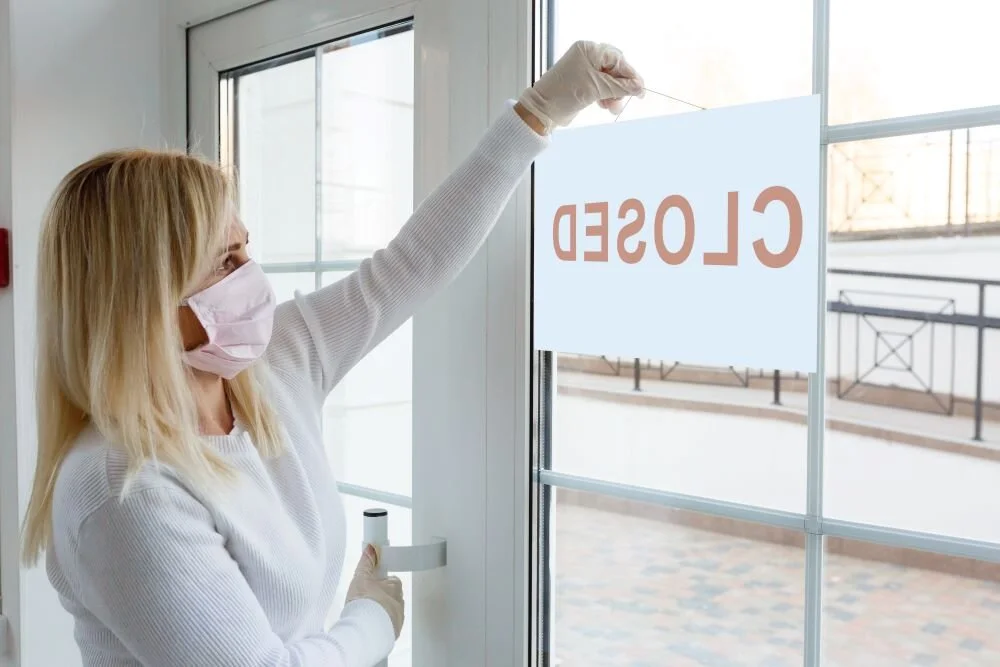COVID-19 Business Shutdown: What Coverage Gaps Exist with Vacant Properties
Author, Daniel Frazee, Executive Vice President, Rancho Mesa Insurance Services, Inc.
In response to the COVID-19 pandemic and ensuing shelter in place restrictions, many non-essential businesses have been shuttered for several weeks. As those businesses deal with the massive revenue and employee losses, building owners must be cautioned to review their property policies closely for vacancy provisions and exclusions.
Vacancy clauses can create exceptions from coverage if the property in question is vacated or unoccupied for a defined period of time (most often 60 days but often shorter). For example, there are some policies that will not provide coverage if a property sits vacant more than that fixed number of days but applies to only certain types of losses like vandalism, theft, or water damage. Additional limitations can include a reduction of losses by 15% or more for more typical covered causes of loss like a building fire and certain losses can be excluded altogether once a property is vacated depending on the insurance company’s form. Finally, there are still other policies that will, in fact, provide coverage for any types of losses but stipulate that the policyholder must inform them that the property has been vacated.
What qualifies as vacant or unoccupied? Some policies define these very specifically while others are broad and ambiguous, offering little comfort at the time of loss. Rather than wait until after a loss when coverage might still be in jeopardy, take the initiative now to contact your broker if your property is vacant or partially occupied as a result of the COVID-19 pandemic. Communicating with the insurance company will help clarify definitions and interpretations and allow you to plan appropriately for the potential of a property loss.
While this continues to be an unprecedented time, several insurance companies are now sending notices to policyholders that they will not consider a building to be vacant for the days during any period of occupancy that changed as a result of the government stay-at-home order or similar directive to COVID-19. Take time now to review your policies with your broker, learn more about your specific vacancy provision and whether your insurance carrier will waive some or all of this provision during this window of time.
Subscribe to our weekly newsletter and podcast to stay informed about what’s happening in the insurance industry during this pandemic.

